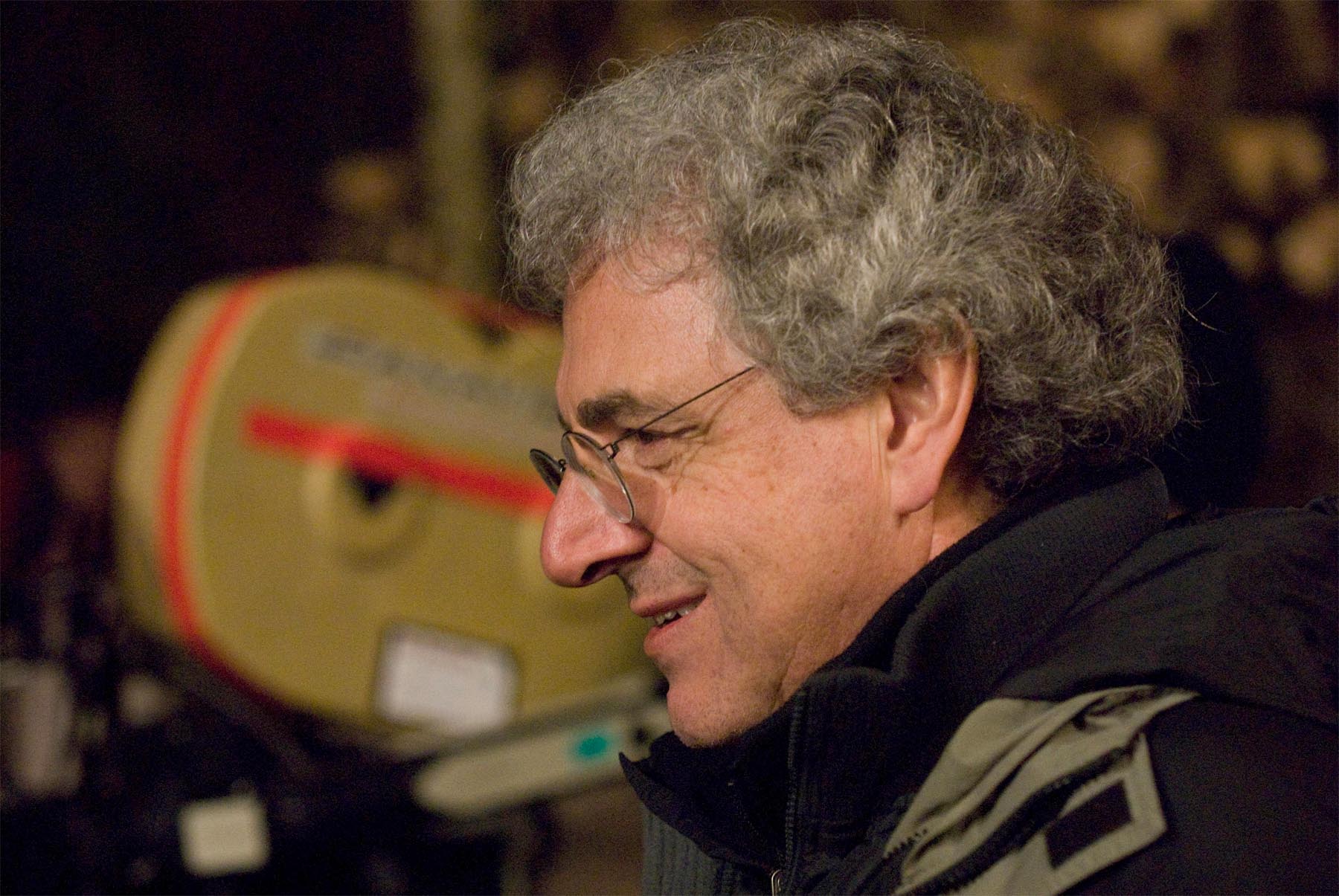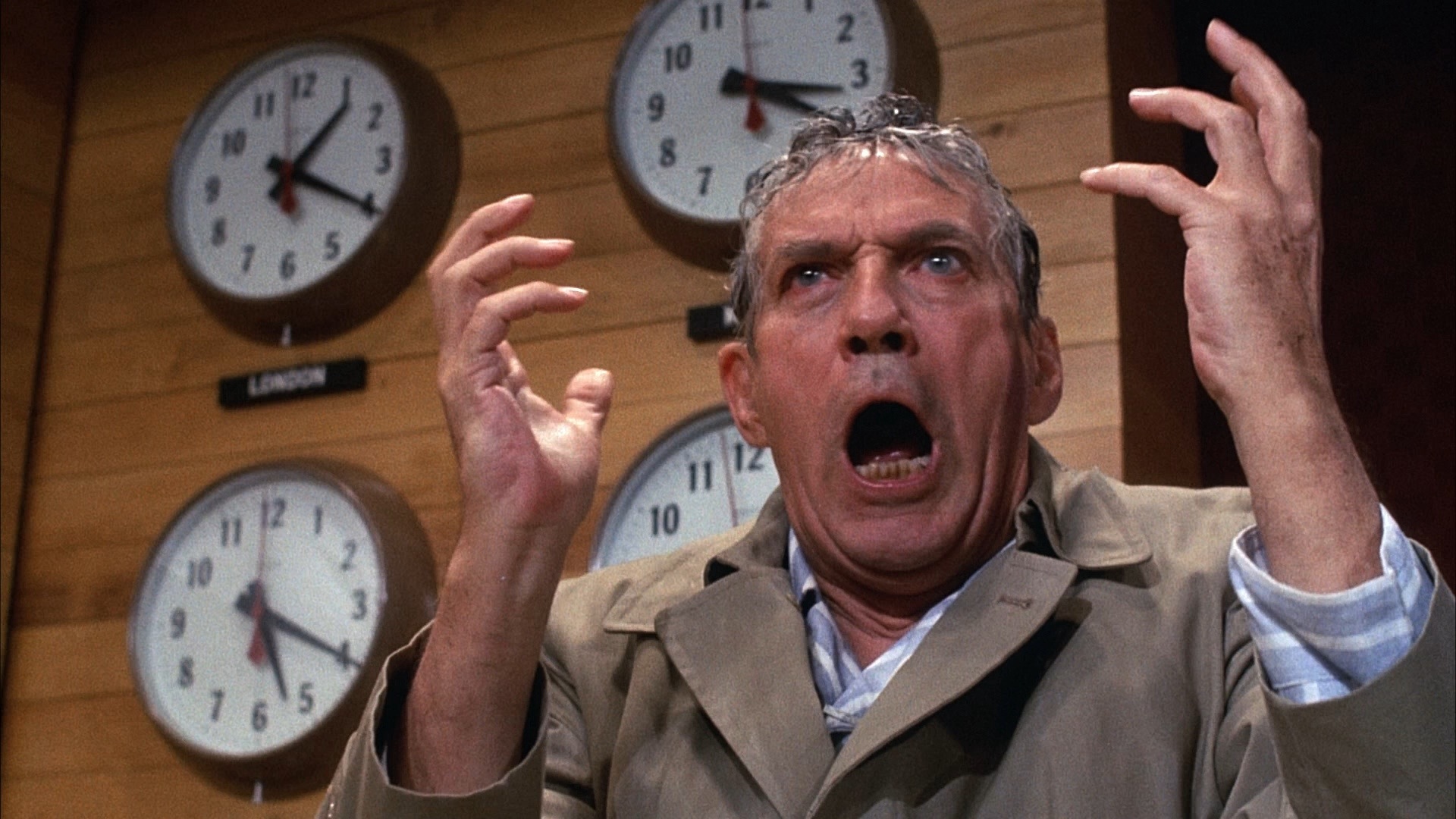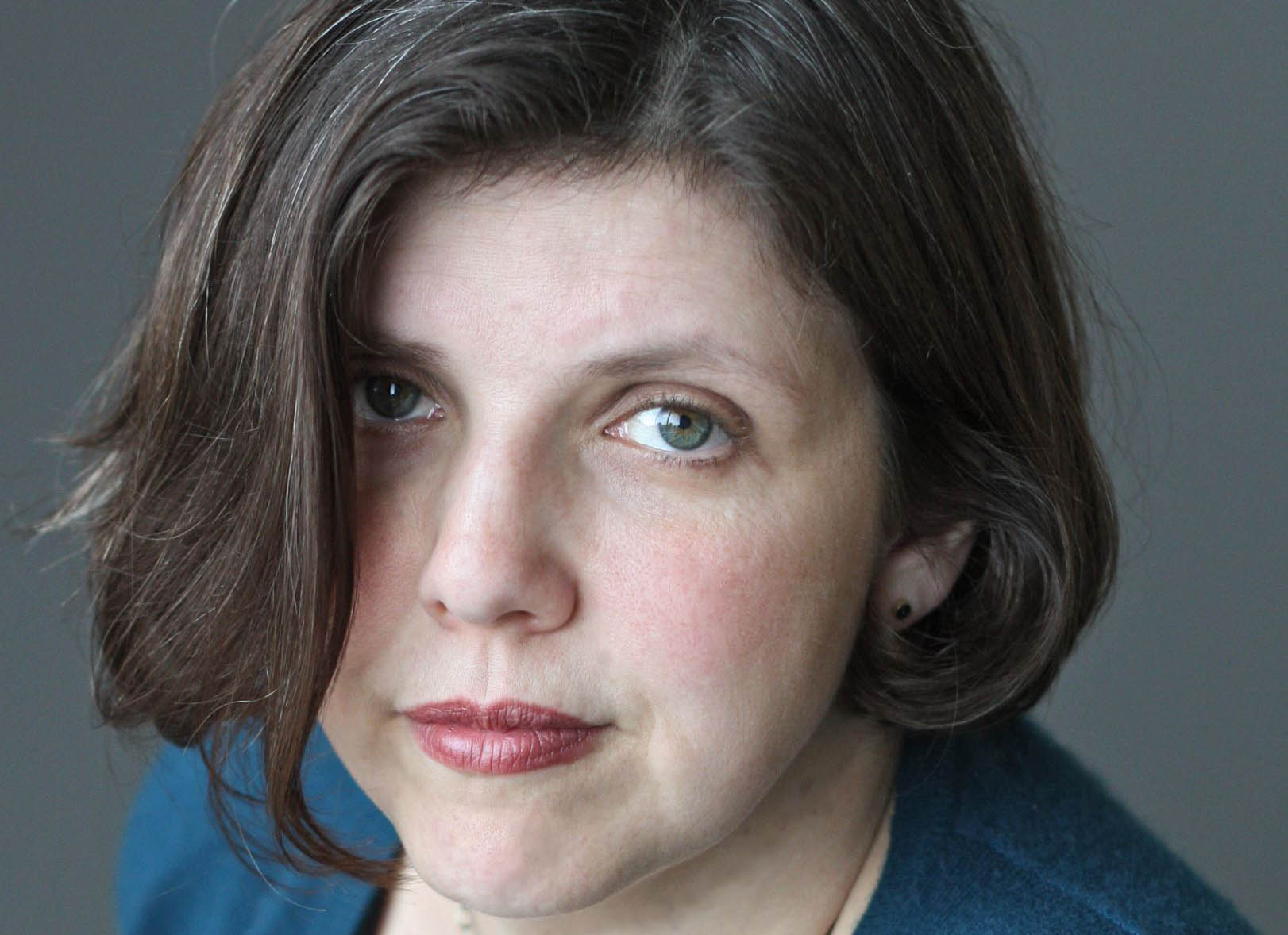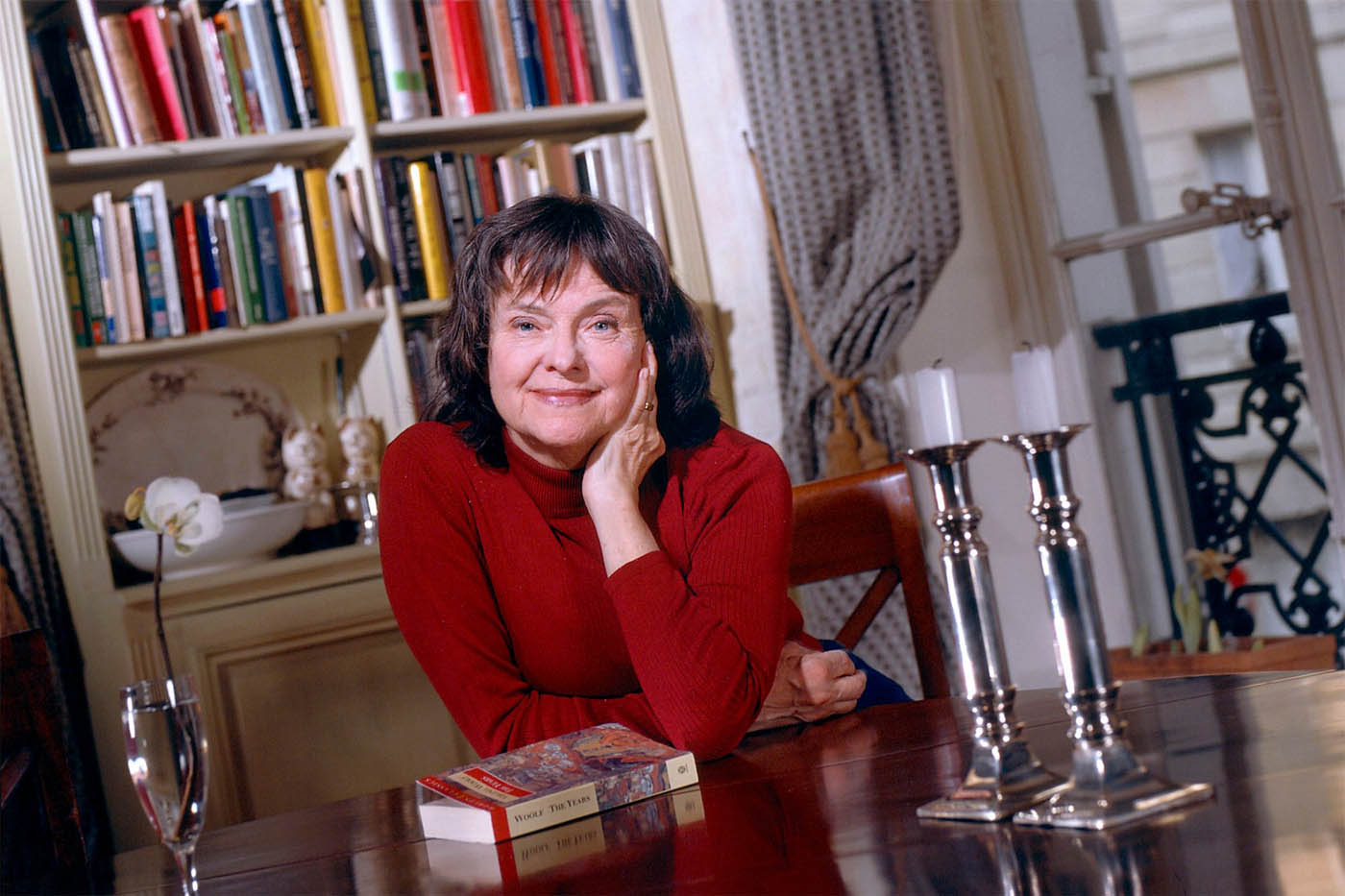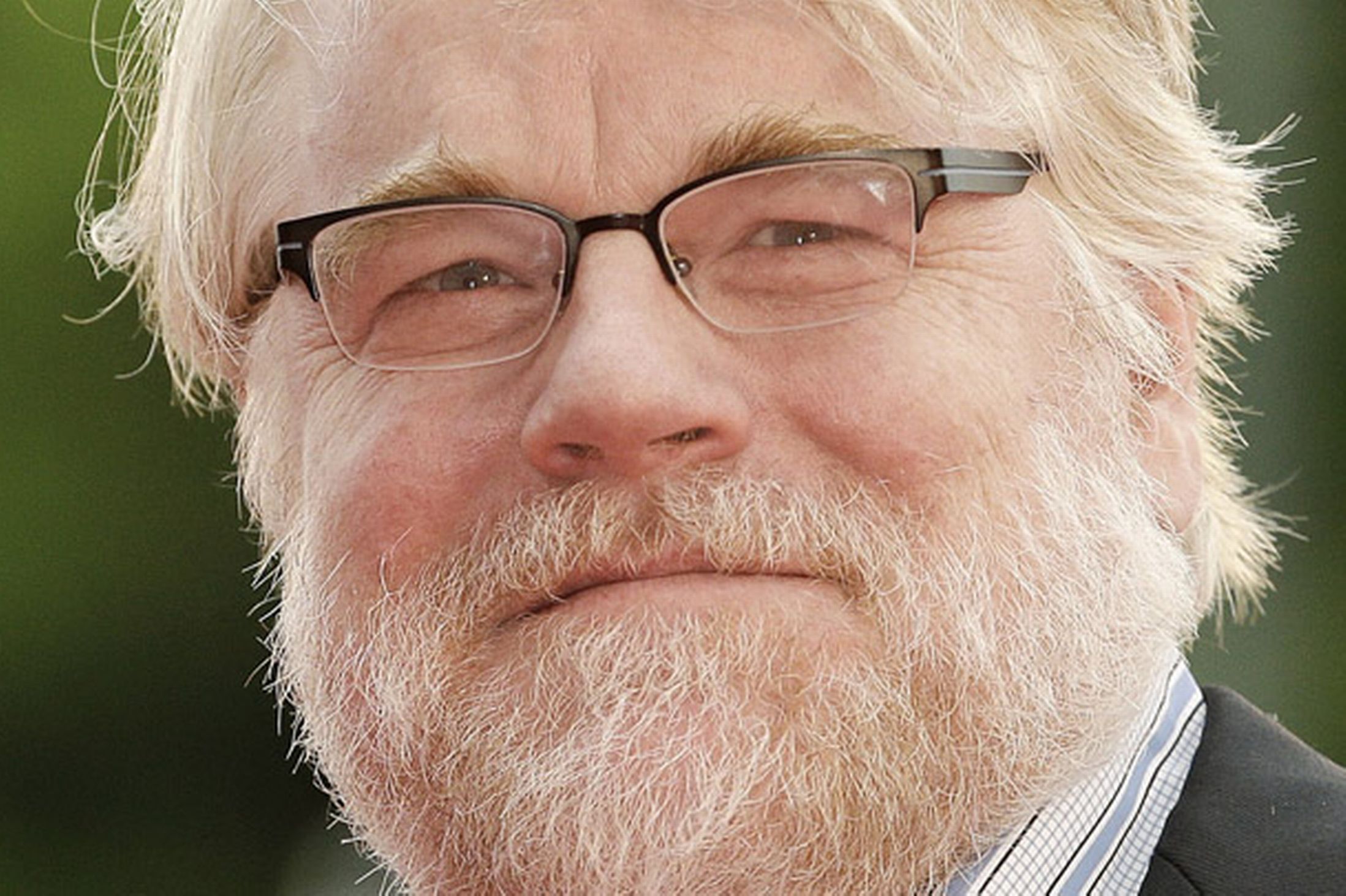Diane Johnson is most recently the author of Flyover Lives.
Author: Diane Johnson
Listen: Play in new window | Download
Subjects Discussed: Knock-knock jokes*, vacationing in Provence, being married to a mysterious professor of medicine, being surrounded by generals who demand their fellow vacationing Americans to pay their fair share, why the French decry the professed American indifference to history, flowers, what the Americans and the French could learn from each other, the American propensity for tearing up train tracks, Anne Matthews’s Where the Buffalo Roam, the difficulty of traveling to the Dakotas, the destruction of national interconnectivity, America’s war on its own history, what America cultivated from European culture, Jefferson and the Library of Congress, freedom fries, the inspiration drawn from those who kept good records centuries ago, living in the most photographed age in the history of America, sharing our data with the NSA, multiculturalism and European roots, mutually assured destruction and Franco-American relations, Kevin Starr and California history, growing up in Moline, Illinois, Ranna Cossitt, Catharine Martin, the forced resignation of Johnson’s father, escaping a vocational destiny as a flight attendant, the benefits of being a voracious reader, what women were expected to do in the 1950s, Mad Men regimes, quilting as a pre-1950s pastime for women, Betty Freidan, matrimonial prospects as tickets out of town, pizza as a novelty, the Methodist practice of being frightened into good, Jonathan Edwards’s sermon language, looking up profane Latin, living in language-based religious torment, skepticism as a Midwestern feature, learning language as a weapon, the first excuse note that Johnson wrote in grade school and the beginnings of fiction, the origins of The Shadow Knows, crazy housekeepers, the delayed impulse in exploring a feeling in fiction, the migratory impulse, the Land Act of 1820, the American ideal expressed through settling and appropriation, Sarah Palin, the future of Detroit, similar historical currents in France and America, creating something new from the historical dregs of expansionism, the foodie movement, promiscuity without consequences, Henry James, stylistic tension when existing somewhere between two nations, chick lit and book covers, the hidden politics within Johnson’s novels, Lulu in Marrakech, exploring Islam and America’s relationship with the Middle East, Theodore Dreiser, Thomas Wolfe’s former reputation as one of the greatest American writers, Gaston Bachelord’s notion of the “hut dream,” an ideal coziness desired by everybody, infant mortality during the 19th century, how much of recent life is indebted to a simulacrum of 19th century life, the increasing shift of humans living in cities, co-writing an episode of My Three Sons, being rewritten by Francis Ford Coppola, having to schmaltz up description for Hollywood, attempting to explain things in language that studio executives can understand, working with Stanley Kubrick on The Shining, mining through Freud with Kubrick to determine what frightens people, the terror of eyes, Stephen King and Kubrick, supernatural forces as a projection of the consciousness, the typical questions that Kubrick asked over the telephone, Kubrick’s literary qualities, Madame Bovary, a planned eight hour structure for The Shining, Zeno’s dichotomy paradox, Room 237, The Shining projected forwards and backwards, Kubrick’s sense of mathematics, exploring narrative forms, the Overlook Hotel’s labyrinth, critics who overanalyze art, reference books consulted during The Shining, seeing the Holocaust in newsreel images as a girl, contending with work adapted for the screen, Faye Dunaway, Richard Roth, Sydney Pollack, and thwarted adaptations of The Shadow Knows.
EXCERPT FROM SHOW:
Correspondent: You’ve bookended this particular volume with a personal episode at a vacation retreat in Provence, where you and your husband — the mysterious professor of medicine, who I thought was here — were surrounded by these generals demanding that you pay your fair share, while the French are decrying the professed American indifference to history. I’m wondering. How do you think Americans are failing to pay their fair share in knowing history? You bring up this American late in the book who you overhear saying, “You know what’s a good civilization? By the way they always have fresh flowers everywhere, every day.” But if nobody knows how the flowers are arriving there or how frequent they are, well, are Americans really equipped to complain about this? Or to adequately respond to the French? Let’s talk about this parallel. What do you think?
Johnson: Well, I’m not sure we are in some departments. We could learn a lot from the French. And they could learn a lot from us. But that’s not our subject here.
Correspondent: (laughs) Well, we could unpack that. Yeah.
Johnson: Yeah. We could learn that we shouldn’t tear up our train tracks. That’s one of my particular pet peeves about America. Because once you live in France for any reason, you can take the train everywhere. And it’s so great. So that would be one example.
Correspondent: Well, you describe late in the book, I know, that in areas of the Midwest where you used to travel by train, those rails are gone.
Johnson: Yes. Exactly.
Correspondent: And that to me — I mean, I’ve never been in those areas of the Midwest. But I was like, “Wow, if I wanted to get there, it would be a hassle.”
Johnson: That’s right. You can’t even get to some places. Because in South Dakota, I read — that book was called Where the Buffalo Roam. I don’t know if you ever read that. It was written about South Dakota or maybe the Dakotas. And there was no longer any Greyhound bus, airplane, or train to get to North Dakota and certain areas of the Dakotas. And the suggestions of the author to just turn it back to the buffalo and have it be a glamorous nature experience with resorts. Because there’s no point in trying to grow anything up there, since you can’t get there anyway.
Correspondent: Well, that’s also quite interesting. Because if the French are tagging us with this label of not knowing our own history, well, our nation is doing a remarkable job at gutting the interconnectivity and the urban hubs and even the hubs into the Midwest that allows us to really…
Johnson: …keep ourselves together.
Correspondent: Yeah. To unite the States. And that’s quite something.
Johnson: I think it is. And I think it does show that we don’t really care about history or see its value. And that may have been some way we were programmed at the beginning by the idea that we were separating ourselves from Europe and improving upon it. Which was, I’m sure, the idea of the founders. But they didn’t really mean that we’d have nothing to do with Europe and not adopt their ways. They assumed…
Correspondent: …we’d figure out our own system. (laughs)
Johnson: Well, we carried over things that were valuable like universities and the wine culture that Thomas Jefferson was careful to transplant. I’m sure they always envisioned a continuity in everything except politics.
Correspondent: The beginnings of the Library of Congress also came from Jefferson, from his book collection. So it almost seems like we’re looking towards figures who could somehow do this. And that actually became the beginnings of our public institutions.
Johnson: Absolutely. So there was no way we really wanted to cut ourselves off and completely throw out all that European culture. But somehow it got transmogrified — maybe at the time of the Revolution — into a sort of ill-natured mistrust of Europe. Especially France for some reason. I don’t know why there’s a special antagonism for France.
Correspondent: Well, I think it works both ways. With the freedom fries incident.
Johnson: Yeah. That’s what I was thinking of.
Correspondent: There’s that. But at the same time, this leads me to wonder. Well, what is our present relationship with history and how does Europe figure into it? And how did this help you mine your own past going back to Moline and even before that?
Johnson: Well, the connections that helped me were the good records of things that people kept at the beginning of the country. So the earliest thing I found was 1711. The first document to do with one of these people in the book. So obviously people were cherishing history, keeping faithful records of what was going on.
Correspondent: Well, centuries ago. But what about now?
Johnson: Well, now, it’s all turned sour in some funny way.
Correspondent: In the past, we were meticulous documenters of our own history.
Johnson: Do you have another theory about that?
Correspondent: I do actually. I mean, I was going to point to the fact that here we are in this digital age and we take all sorts of photos of ourselves. This is perhaps the most photographed aged in the entire history of America. And yet we don’t actually want to look to our past to see if that can inform our present document taking, our present struggle, in terms of revealing our data to the NSA. Things like that.
Johnson: (laughs) Yeah.
Correspondent: We’re happy to go ahead and share every single private part of ourselves. But it is fascinating to me that we aren’t willing to look to the past to see how that could inform.
Johnson: Exactly. How we could have learned from that. I think part of my theory is that with multiculturalism, one consequence of it, although not intended by it, was to interrupt those early roots with France and England in order to not disappoint people who were coming from other places or seeming to privilege those early arrivals with later immigrant groups. People had to say, “Well, what about the Irish?” And, you know, “My folks came from Russia.” And so everybody acknowledged the richness of those other traditions and maybe just decided, well, okay, then let’s just call it a truce and we’re not going to really think about what happened back there.
Correspondent: I love this theory that the clash of Franco-American cultures has everything to do with each culture not wanting to disappoint the other. It’s kind of like a mutually assured destruction, culturally speaking.
Johnson: I think so.
(Loops provided for this program by JoeFunktastic, FerryTerry, smpulse, and buffalonugaluss.)
* — During the early part of this conversation, Ms. Johnson identifies a knock-knock joke involving Kilroy that neither Our Correspondent nor Johnson could remember. It may be this one:
“Knock knock.”
“Who’s there?”
“Kilroy.”
“Kilroy who?”
“Kill Roy Rogers. I’m Gene Autry’s fan!”
The Bat Segundo Show #533: Diane Johnson (Download MP3)
This text will be replaced
